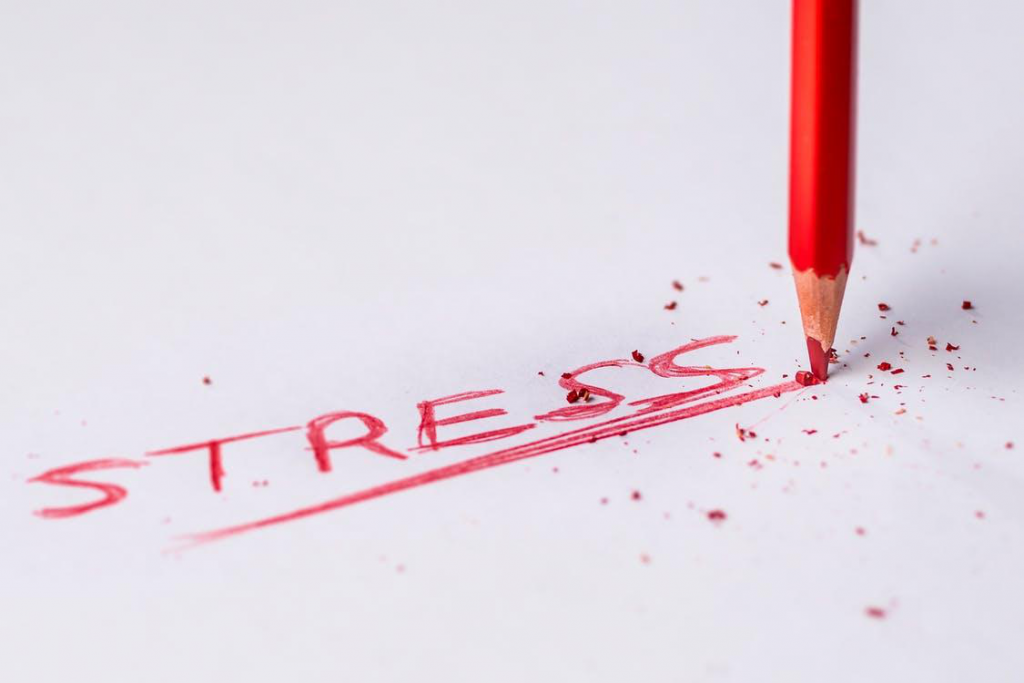How Can Severe Anxiety Affect and Bring Changes in Your Body?

Anxiety is one of the most common conditions that we all face multiple times in our lives. On minimal levels, anxiety and stress are considered good and beneficial for one’s life and body. This positive anxiety is called Eustress, it helps individuals to perform better, live life enthusiastically, etc. But what about severe anxiety? What if it lasts for longer abnormally periods of time? Many researches have concluded that not only changes in behavior but chronic anxiety and stress can also bring a lot of changes in the physical body of a person.
So how does it affect your body?
Effects of Anxiety on Body or physical health:
1. Immunity
When a person is stressed or anxious, to protect him, his body starts to release different hormones like fight or flight hormone also known as adrenaline. This brings about many changes in your body like increased consciousness, enhanced reflexes, high blood pressure and pulse rate, excessive breathing, sweating, more oxygen gets supplied to the brain so that it can function effectively. All of these changes alert your body, even your immune system.
Everything gets back to normal once your brain senses that you are out of danger and back to a normal situation after some time. But what about people who experience chronic anxiety? Their body remains in this state of alertness for a long time and gets spiked up again and again and won’t have any kind of green signal to return to normal. It also means that your body won’t have time to recover. In the long run, it weakens the immunity or immune system which can further expose your body to many infections, allergies and even disease causing viruses and bacteria.

2. Breathing and Respiration
As discussed above, stress can significantly change the way how a person breathes. It can also change the way the body allocates all the available oxygen. If a person is under continuous stress then it can affect a person’s lung capacity as anxiety makes a person to breathe in a quick and fast pattern which is devoid of deep breathing. If you are suffering from COPD then you may even need to be rushed to a nearby hospital as the symptoms may get worse. If a person is suffering from asthma then too much stress can affect the situation and symptoms towards a severe side.
3. Heart Related Changes
Since chronic anxiety can take a toll on the pulse and blood pressure, it can also affect one’s body if he or she is already suffering from complications. Adrenaline is known to cause increased blood pressure, glucose levels in the blood, etc. All of this puts a lot of pressure on the heart muscles and walls. If you are already a heart patient then frequent stress can worsen the condition, weaken the muscles of the organ and may even result in a heart attack.

4. Brain and Nervous System
When the body is under stress the brain and nervous system is helped to cope up with hormones and chemical release. Epinephrine also known as Adrenaline and Cortisol is the major hormone which are released and are responsible for most of the changes. Frequent anxiety episodes may force the brain to release them time and again resulting in headaches, drowsiness, depression, etc. Though these hormones are provided to keep the brain on high performance but if they are present in the body for long periods of time then start harming the body indirectly and can result in various health conditions such as gaining weight.
5. Other Changes
Not only the above-mentioned systems of the body but anxiety can also bring changes in lots of other parts of the human body too. For example it can result in hampering of digestion, less of no appetite, nausea, chest pain, stomach pain, diarrhea, headaches, loss of sleep or even insomnia, muscle pain, excessive sweating, disturbed hand eye coordination, reduced cognitive abilities etc. the list is quite long.

If you feel like the stress and anxiety you are going through is unbearable then do go and see a medical professional like a psychologist or a psychiatrist. Before the situation worsens it is always a good idea to seek advice from them. They may be able to diagnose the condition in a better way and help you accordingly.
Hope it helps.
Thanks for reading!
You May Like These Also:
50 Best ‘Be Kind’ Quotes That Inspire You For Good




















